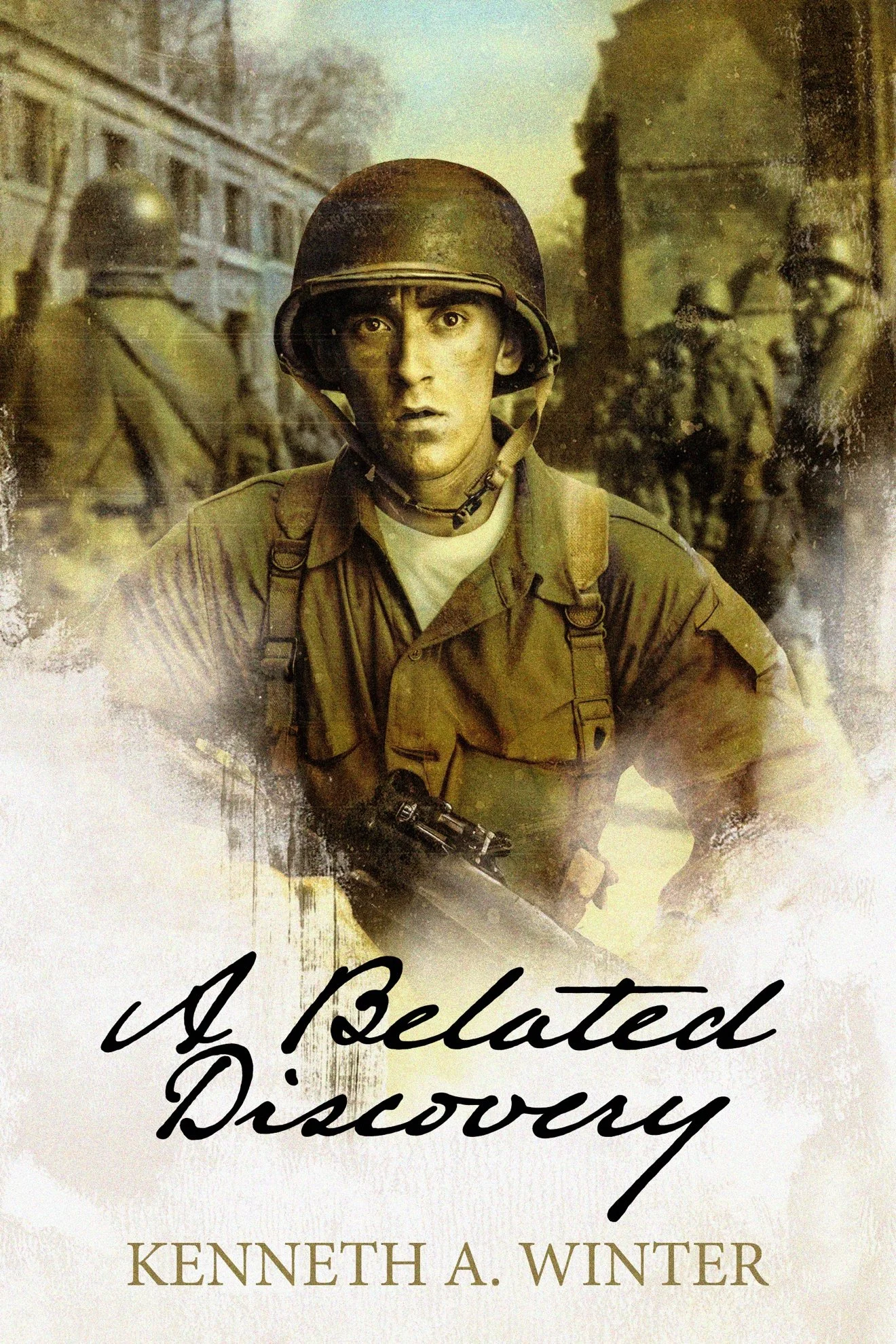Chapter 9
Monday, June 12 – Friday, December 1, 1944
**** If you began reading this chapter in my newsletter, scroll down to pick up where you left off. ****
“When can I get back to my men?”
I was still drifting in and out of consciousness, but that was the most important question on my mind. I didn’t ask about the extent of my injuries, and being discharged and going back home never crossed my mind. I needed to get back to my band of brothers. I was their leader, and I was not about to shirk my duty.
“That’s between you and your doctor,” Nurse Dodd replied, after I had asked her for the third time.
“What day is it anyway?” I asked now that I knew she could answer me.
“It’s Sunday, June 18,” she answered. “Your surgery took place a week ago. And from what I’ve been told, you are pretty lucky to still be alive, captain.”
“June 18!?” I shouted. “That means I’ve been away from my men for almost two weeks! You need to get me out of here!”
“Captain, you’re not even able to get out of bed right now,” the nurse replied. “You underwent extensive surgery to repair your liver, spleen, and kidneys. Your body needs time to recover! What good do you think you would be to your men right now?”
I guess she had me there. As I stared up at her from my bed, I realized she was an attractive young woman—not the matronly disciplinarian I had pictured. She looked to be about my age, with blue eyes, and blonde curls protruding from the edges of her nurse’s Flossie. She was what the boys in my platoon would call a “real dish.” However, I knew despite her delicate appearance, she was more than capable of putting me in my place. I decided I admired that about her.
“Do you have any news on how our boys are doing down on Omaha Beach?” I asked, a little less demanding as I changed the subject.
“I overheard a couple of officers talking this morning,” Nurse Dodd replied, “and they were saying the tide was turning in our favor. The beachhead has been secured, and our troops are pushing inland. They thought we had certainly taken the first crucial step toward victory.”
“That’s certainly good news!” I declared. “We have to keep the Germans on the run, all the way back to Berlin! Is there any way I can find out how my men are doing?”
“I can’t help you with that information, captain. But I will make sure the briefing officer knows of your request.”
“Thank you, nurse. You sound like you’re a Southern gal. What’s your name, and where are you from?”
“My name is Elizabeth, and I’m from Richmond, Virginia!” she replied with obvious pride. “Have you ever been there?”
“I passed by there on my way to basic training a couple of years ago,” I told her. “But we didn’t really go through Richmond. Actually, before joining the Army, I had never been south of Pennsylvania.”
“Well, when the war is over, you’ll have to come visit our fair city,” Nurse Dodd remarked. “In fact, you should really visit in the spring. There isn’t any place prettier than Richmond in the spring!”
“I’ll make a point to do that one day!” I replied with a smile. “Perhaps you could give me a tour.”
She smiled at my comment, then went about her duties. As my days of convalescing turned into weeks, Nurse Dodd and I enjoyed frequent conversations. When my strength returned, I took many leisurely strolls with her through the hospital’s garden. Initially she walked with me to keep me steady on my feet, but it soon became more than that. The garden became “our” place—the one patch of ground untouched by the war.
The more Nurse Dodd and I talked, the deeper our conversations became—what our lives would be like in a world free of war’s death and oppression. We even dared to talk about our respective future plans after the war.
The doctors were pleased with my recovery but insisted I needed to heal completely before they would release me for active duty. I had now been in the hospital more than four months—with no end in sight.
***
Lizzie, as I now called her, was on duty when a kerfuffle broke out about how to treat a new patient. She had just met with the head nurse to discuss a matter of protocol. Afterward, she stepped outside to clear her head and saw me sitting in what had become my chair in the garden.
“You will not believe what’s happening,” she said as she walked over. “An officer has just entered into the surgical theater with severe injuries. But, apparently, no one at the hospital seemed to know that the lieutenant was colored until he arrived. Though the surgical team doesn’t seem to have an issue with it, the administrative staff is beside itself as to what to do with a colored patient. Though our staff has been vaguely aware of the Army’s initiatives to integrate the races, it hasn’t been anything we have been prepared to participate in.”
“So what’s the plan?” I asked.
“No one is sure,” Lizzie replied. “The most pressing need is blood. The surgeons told the administrators to get it—and they weren’t about to take no for an answer. The hospitals providing integrated care have established separate blood banks. We neither have the time nor the people to do that.”
“Well, I can help,” I replied. “I’ll donate some blood.”
“But you don’t know if you’re even a match!”
“You forget, nurse, I’m O negative—a universal donor,” I replied with a grin. “Get me hooked up. I’m probably good for at least two pints!”
“That might not be enough.”
**** If you began reading this chapter in my newsletter, you can pick back up here. ****


